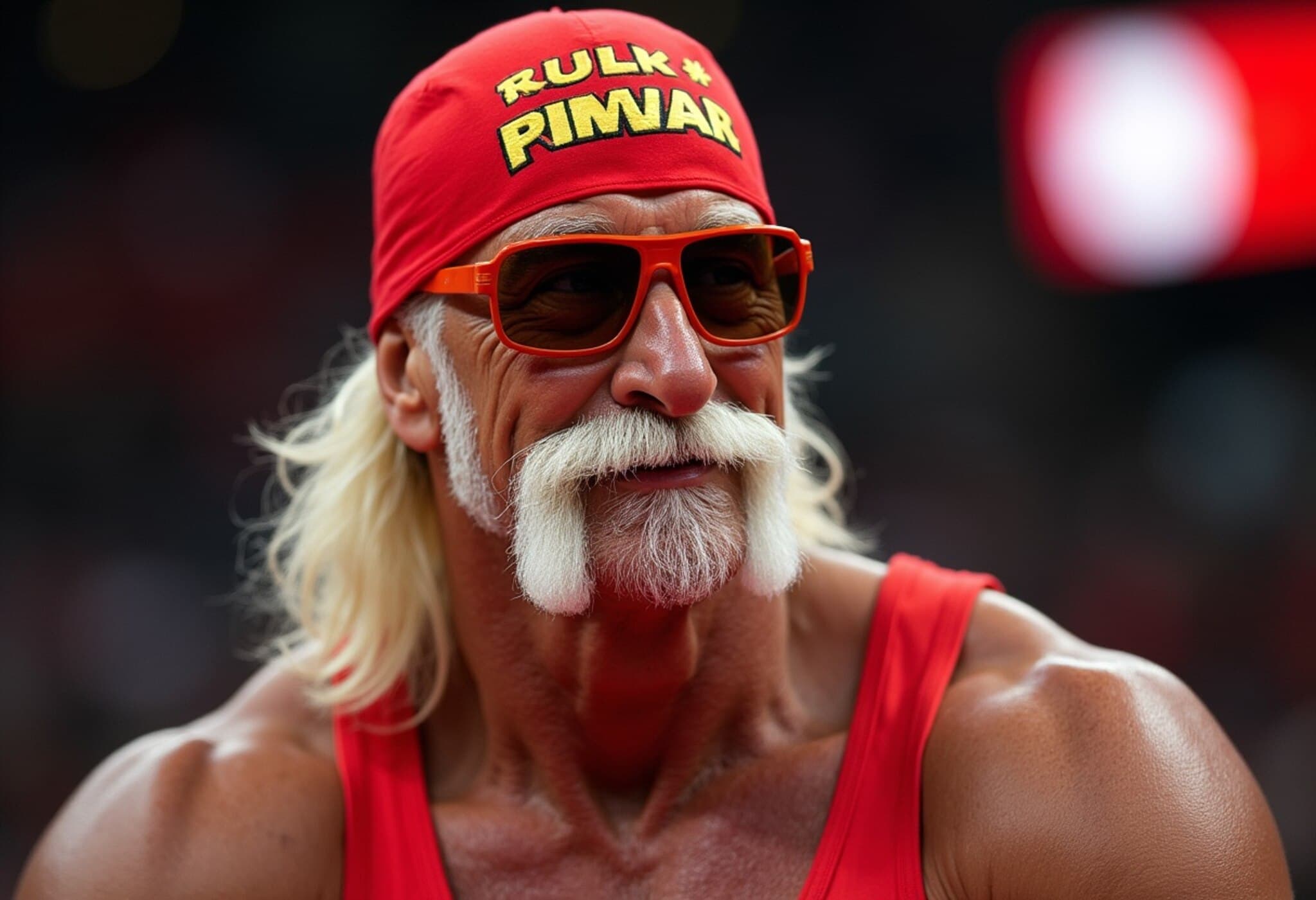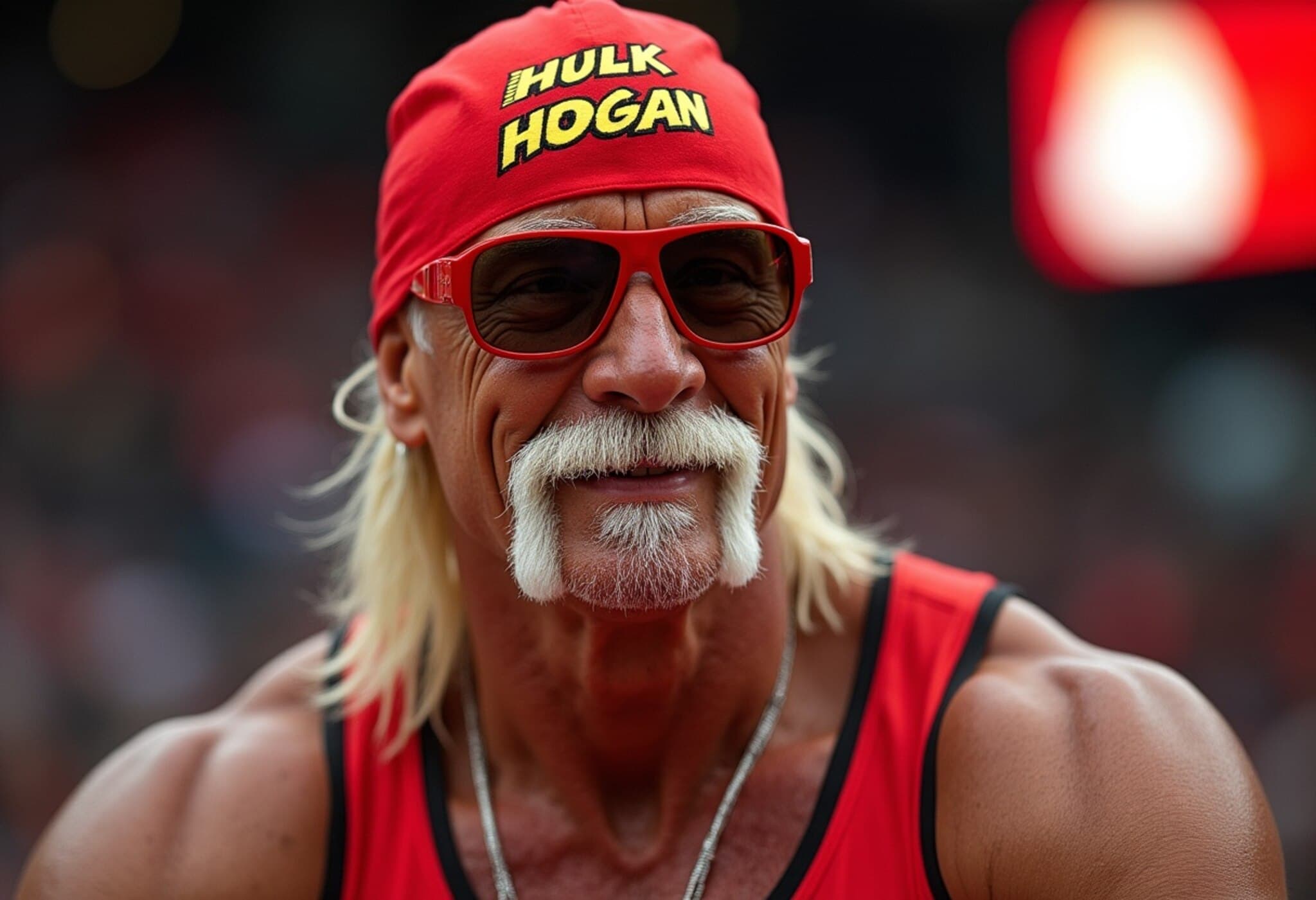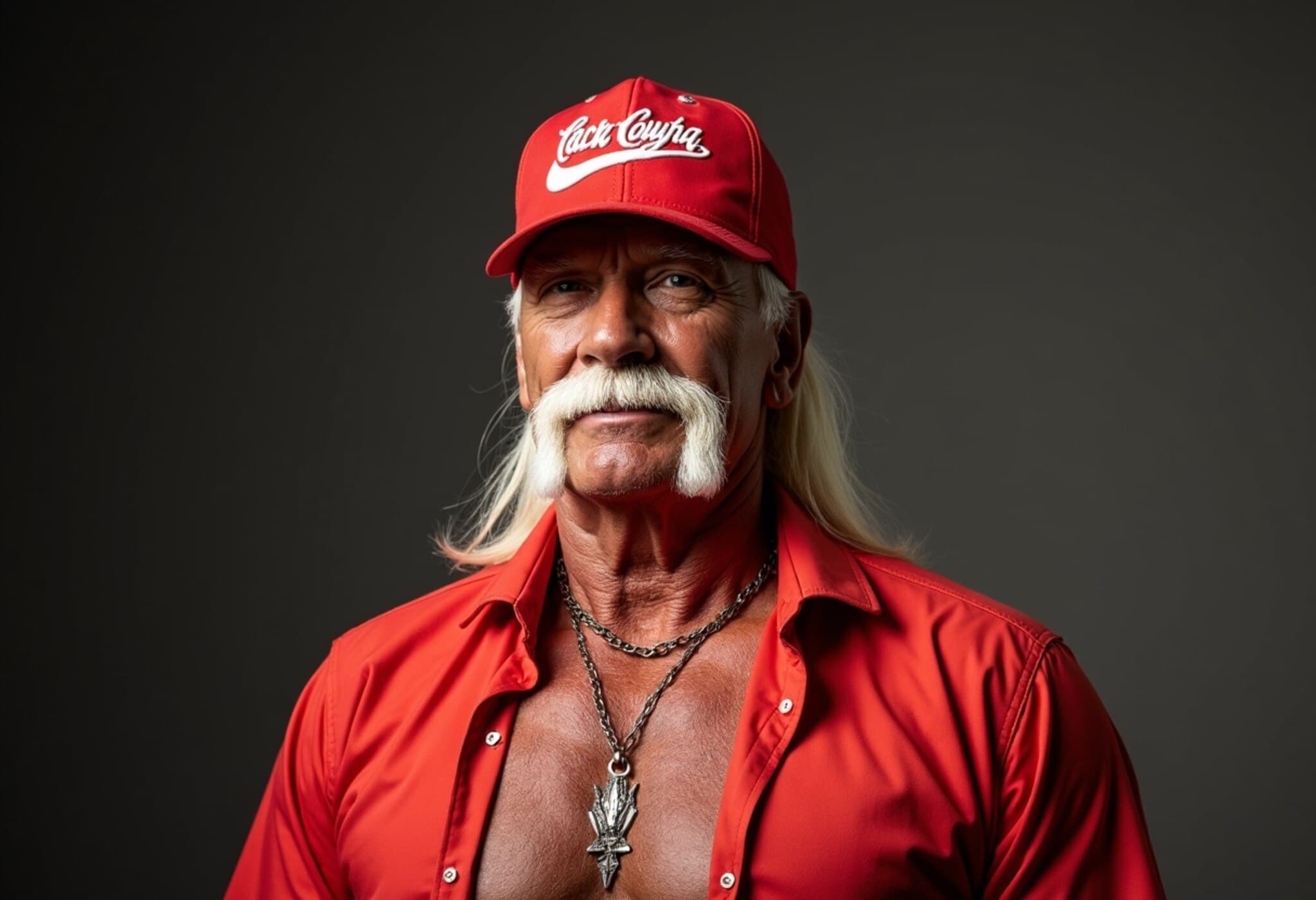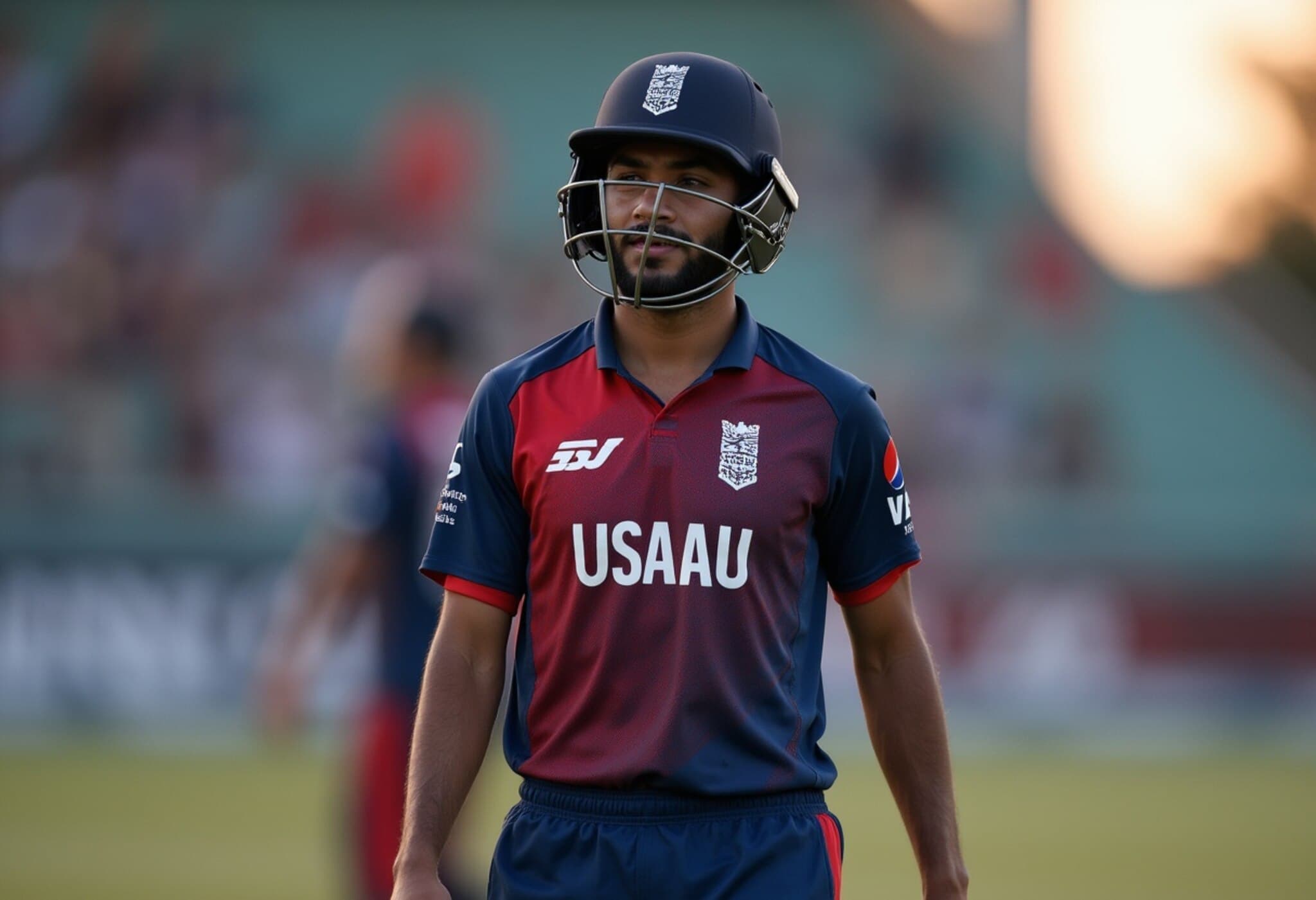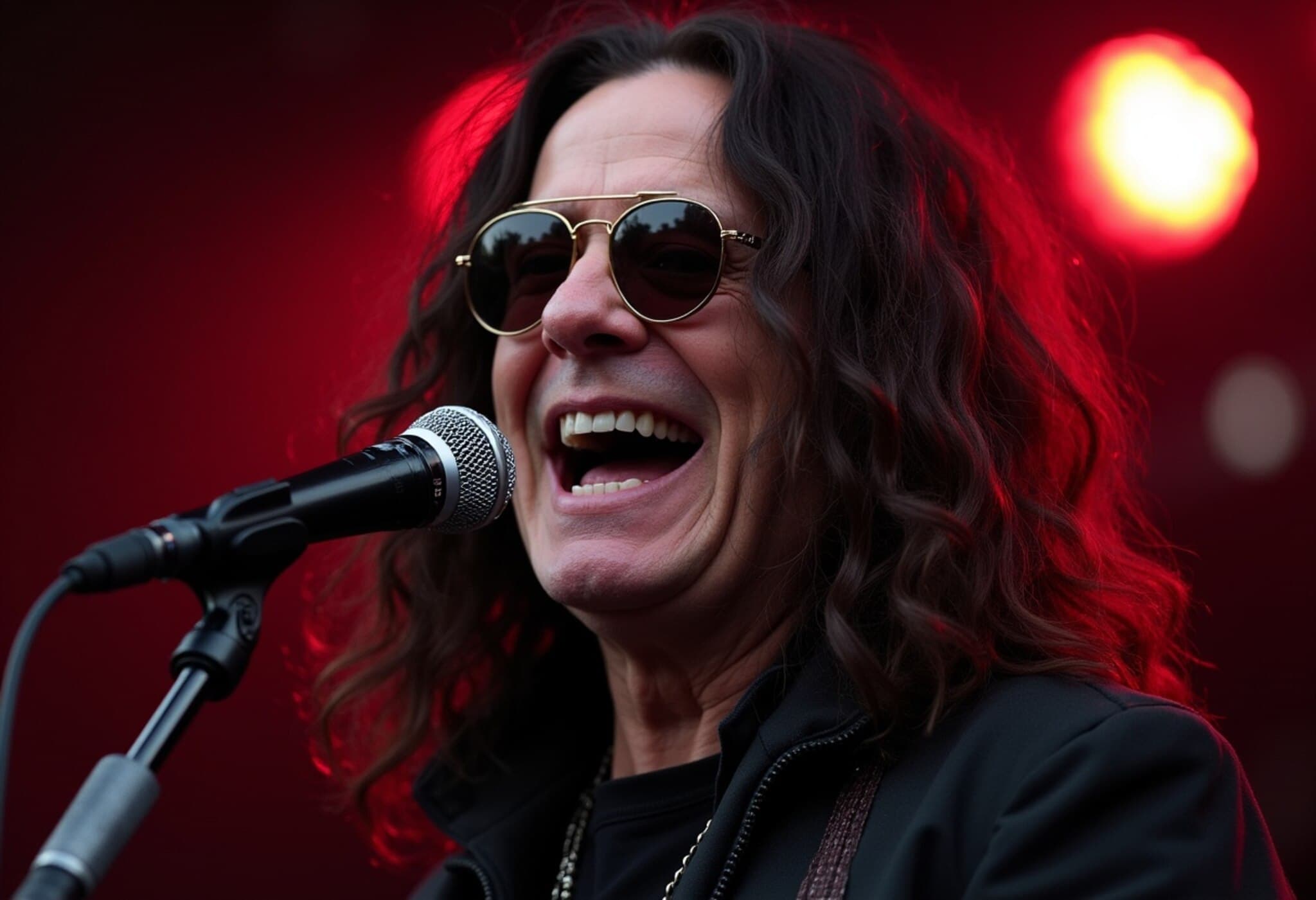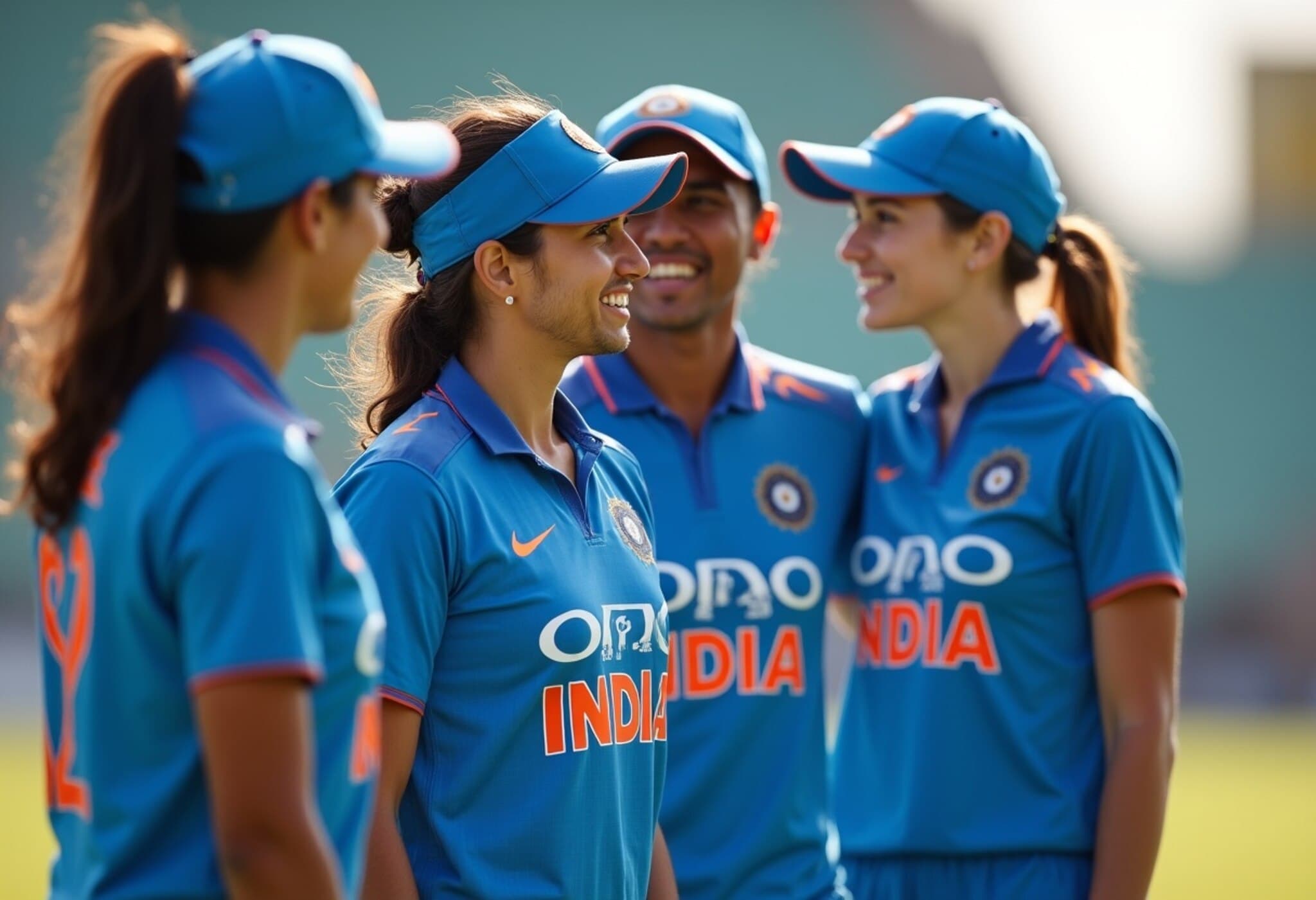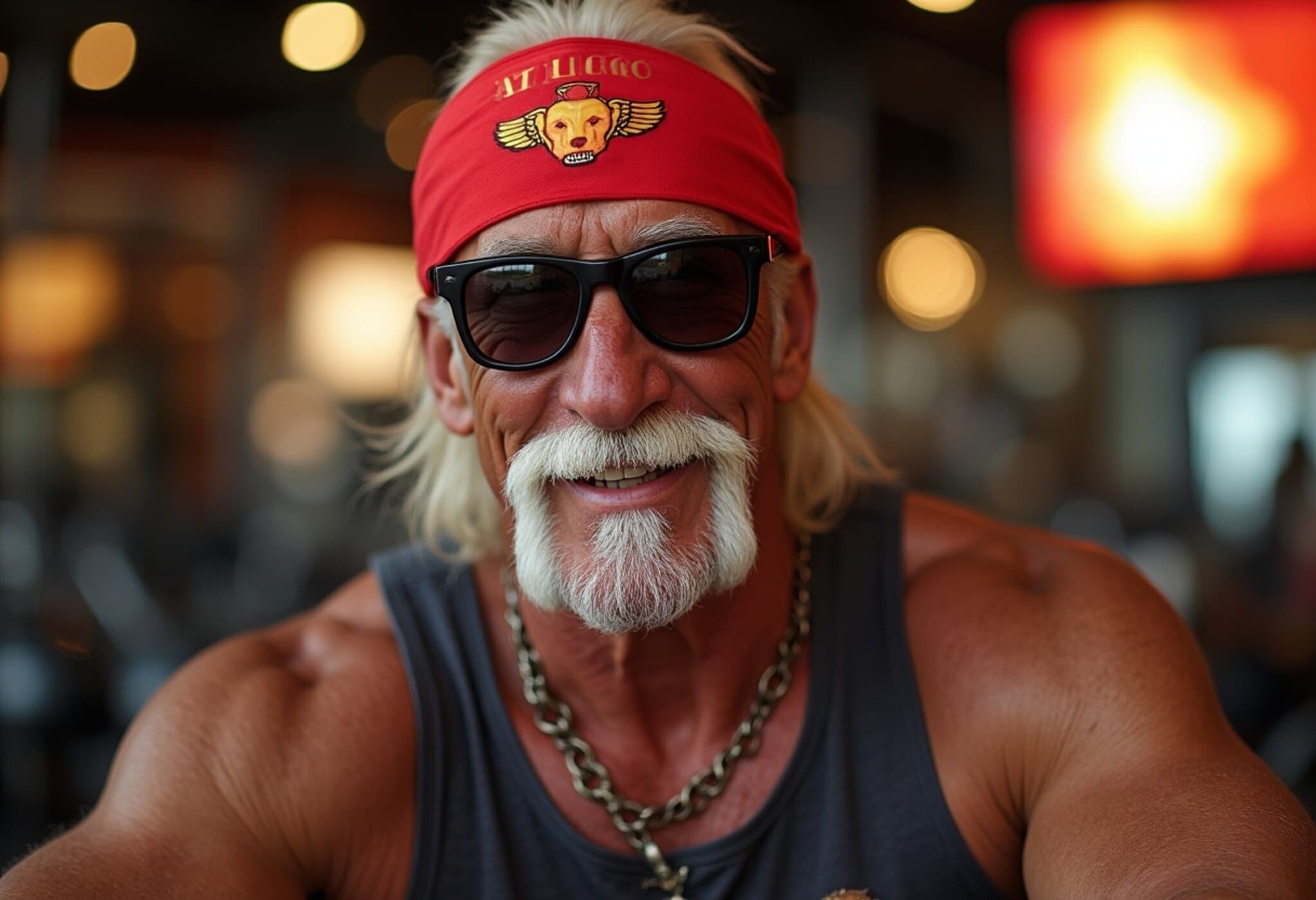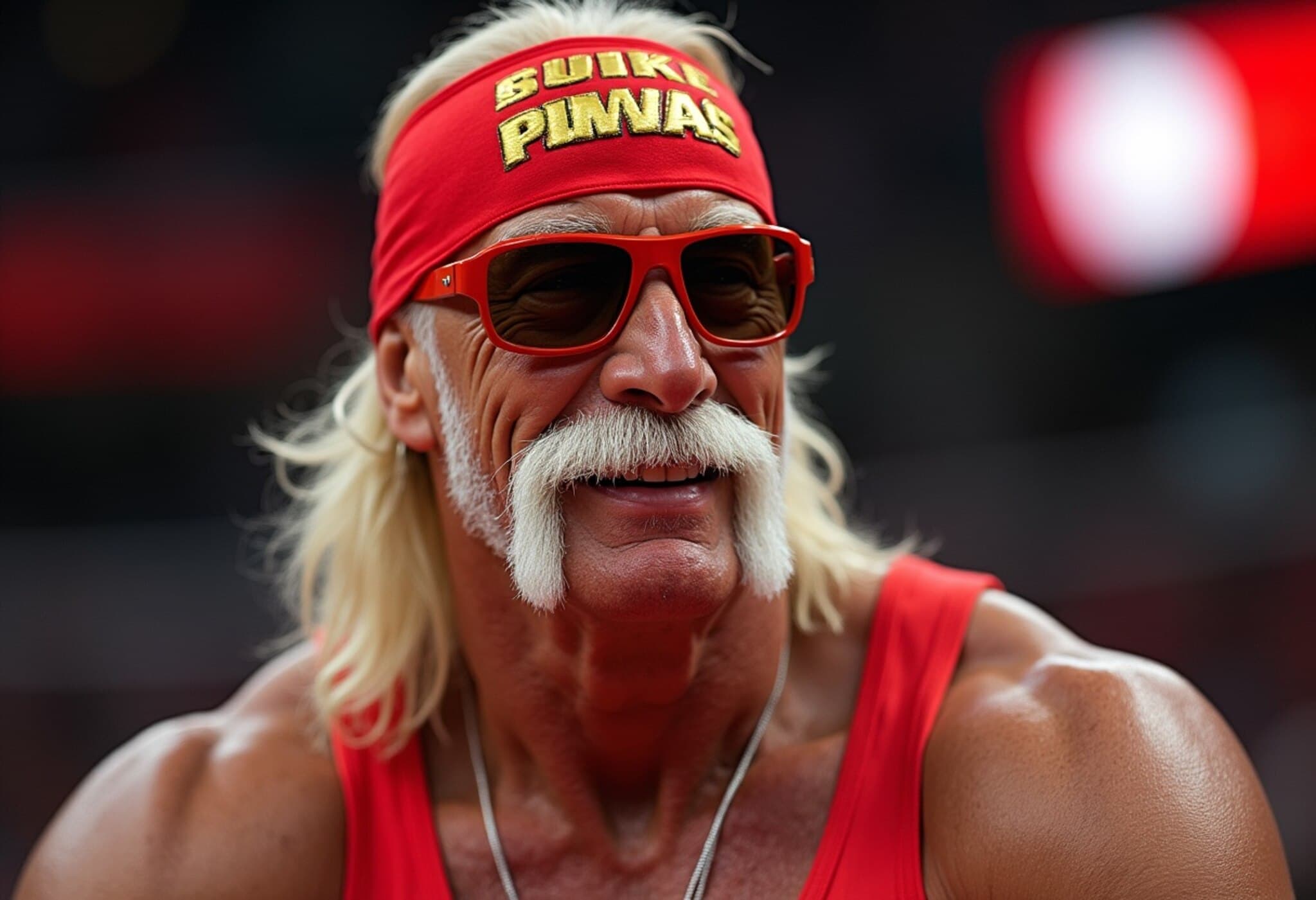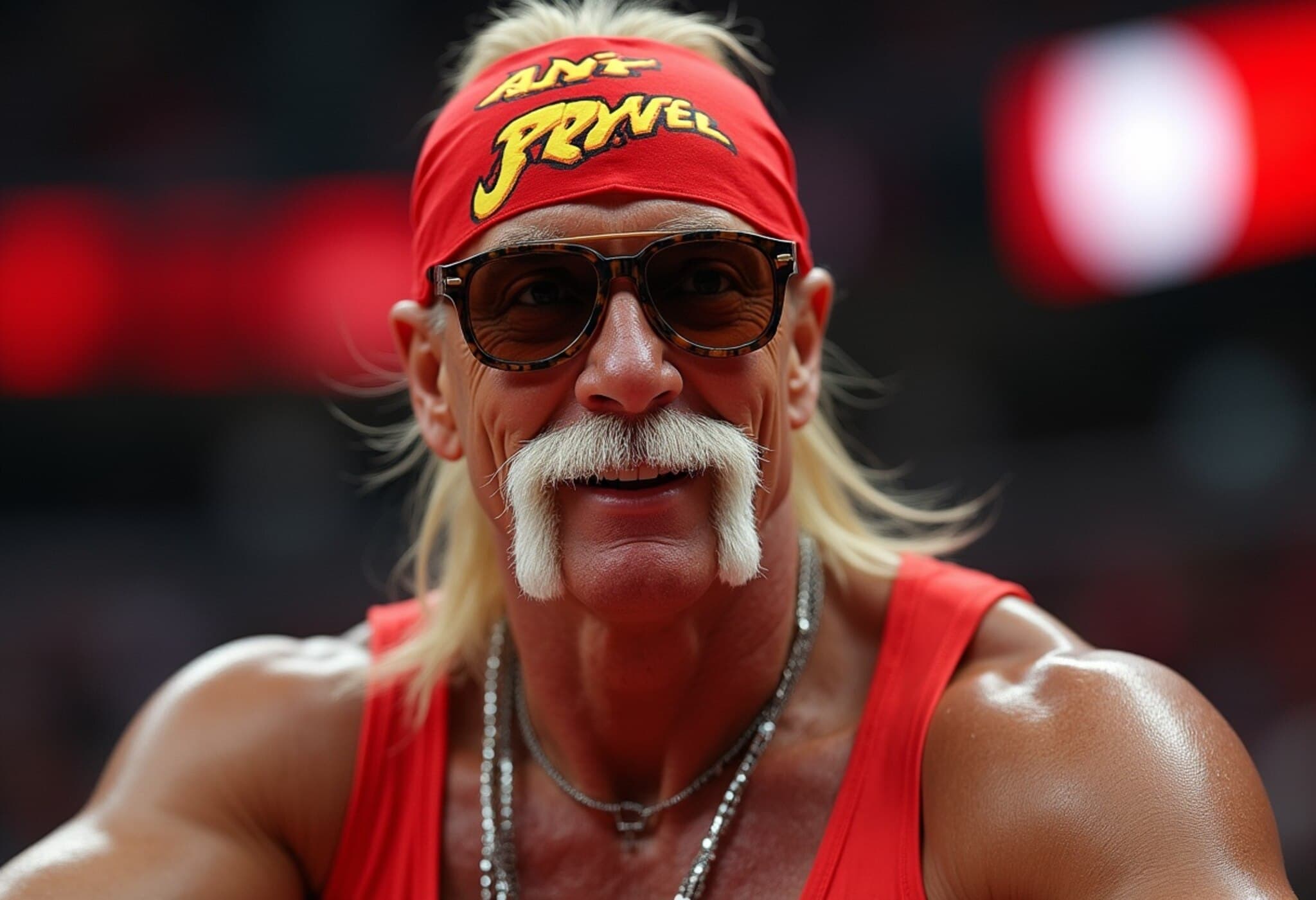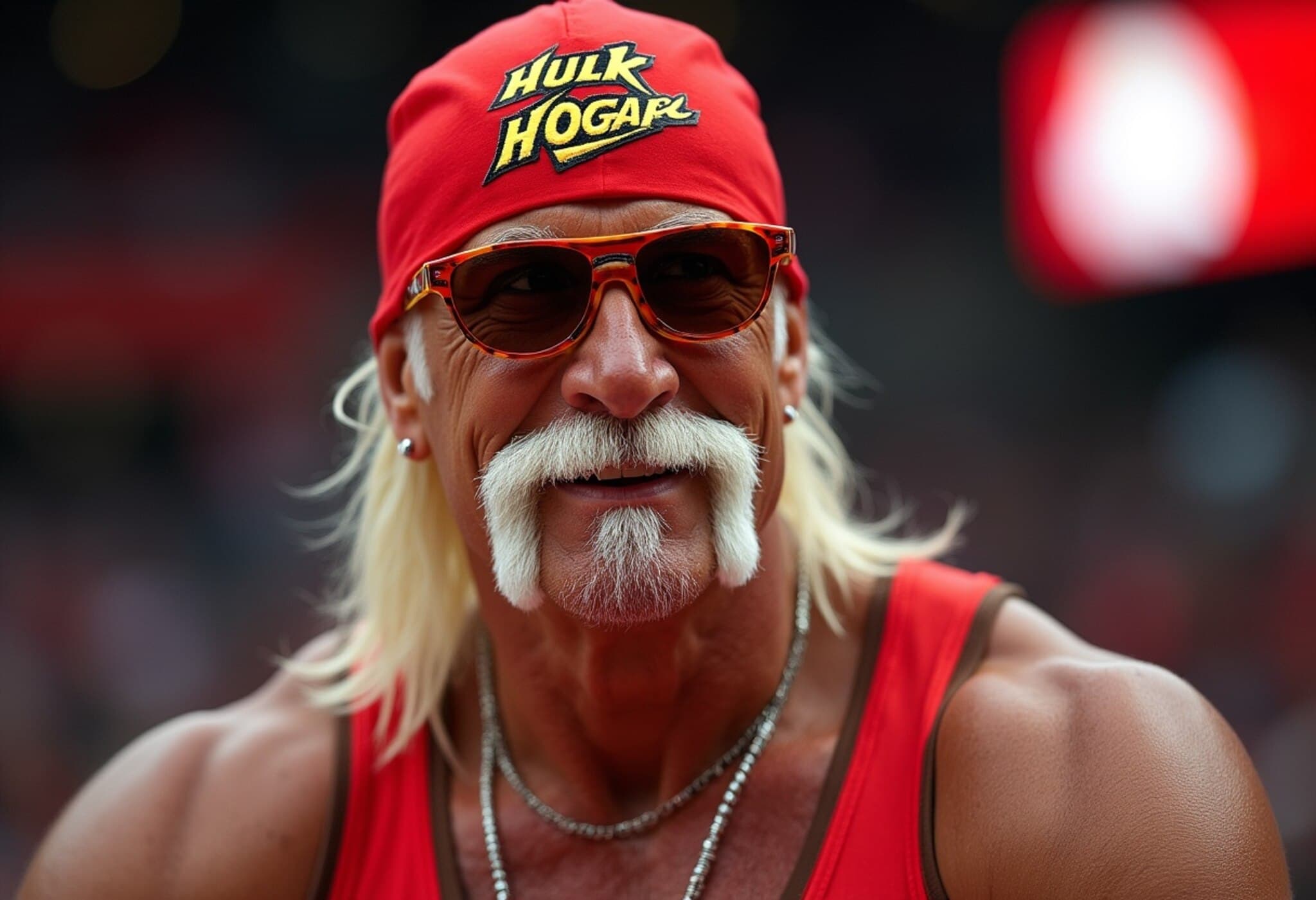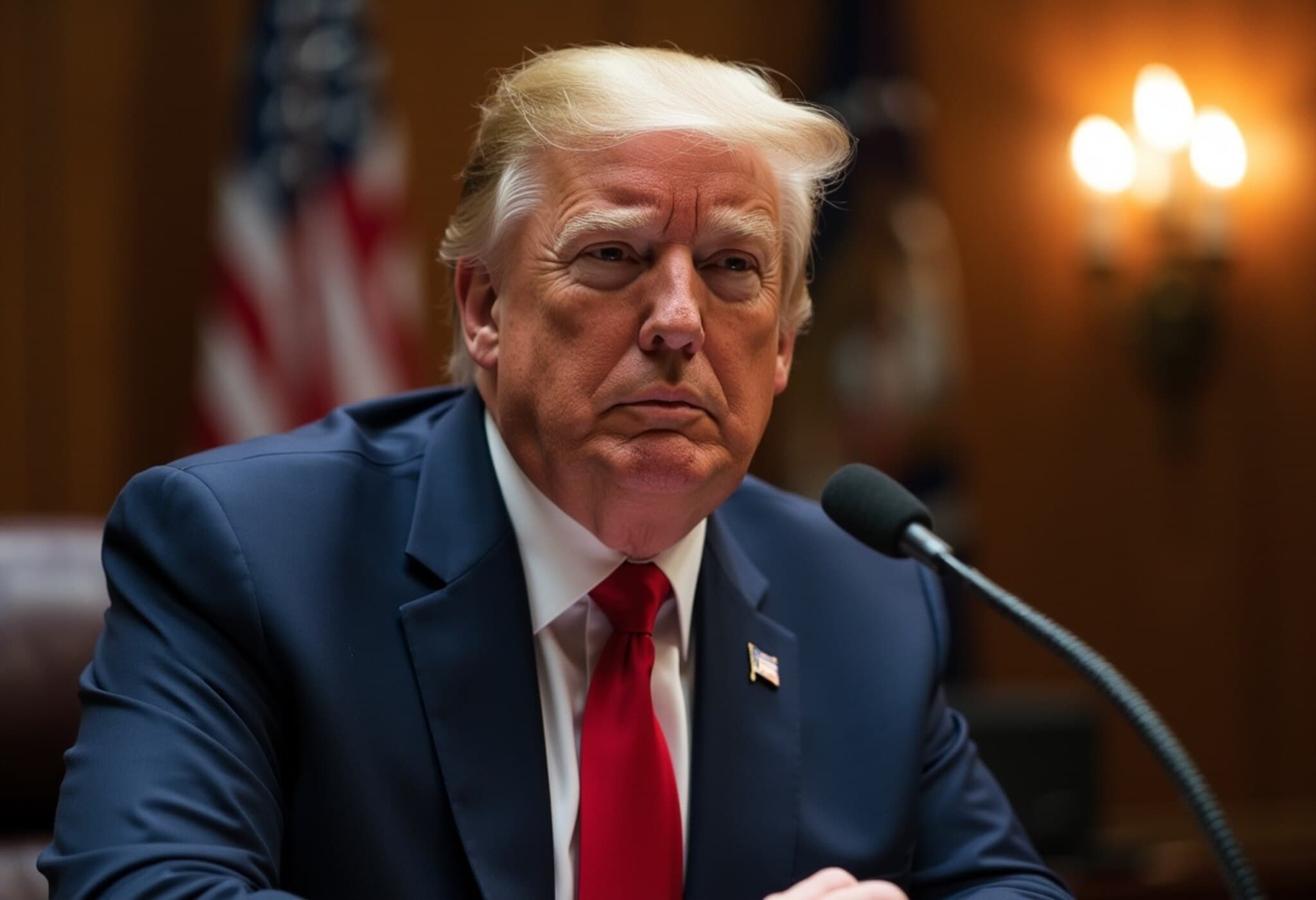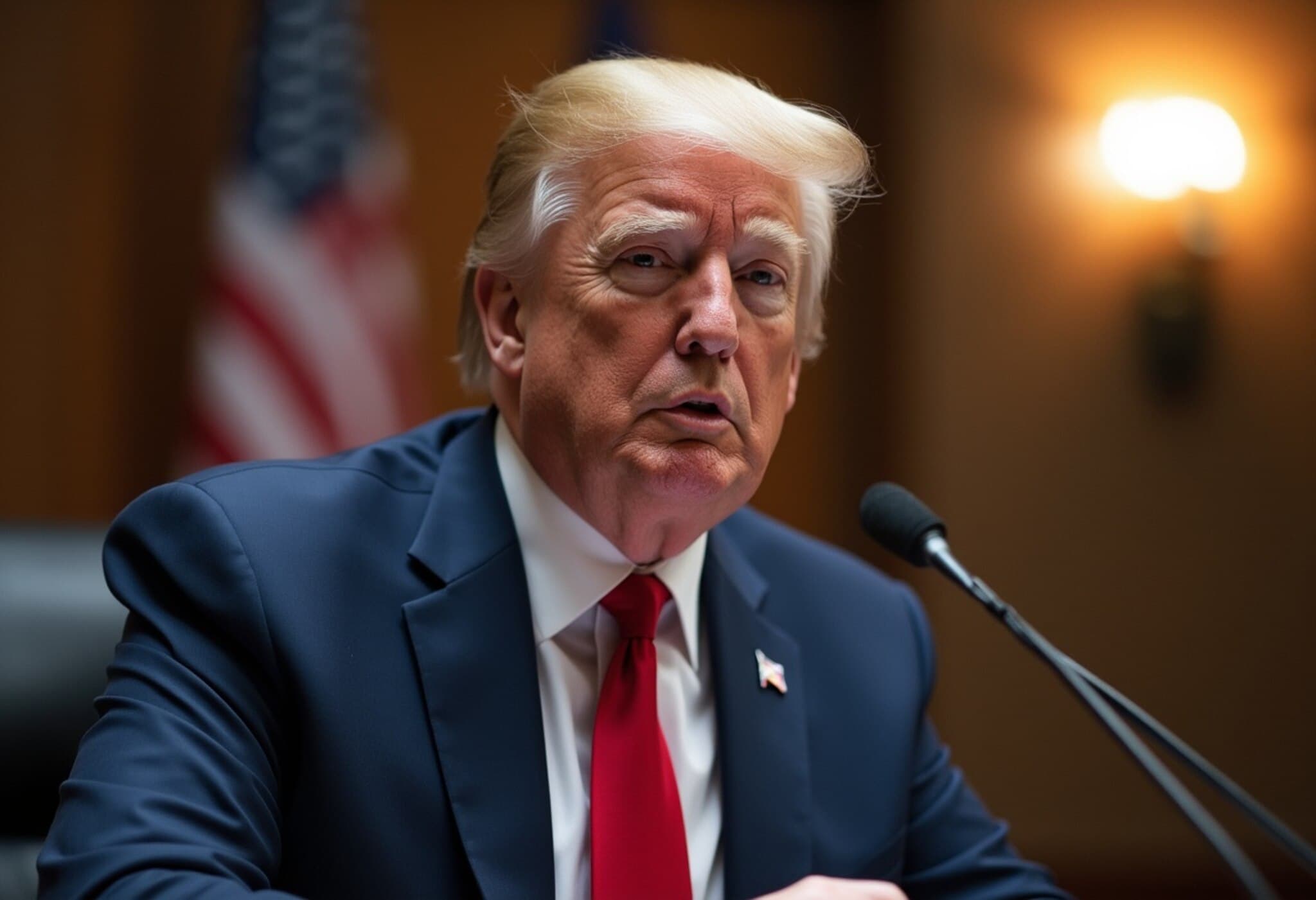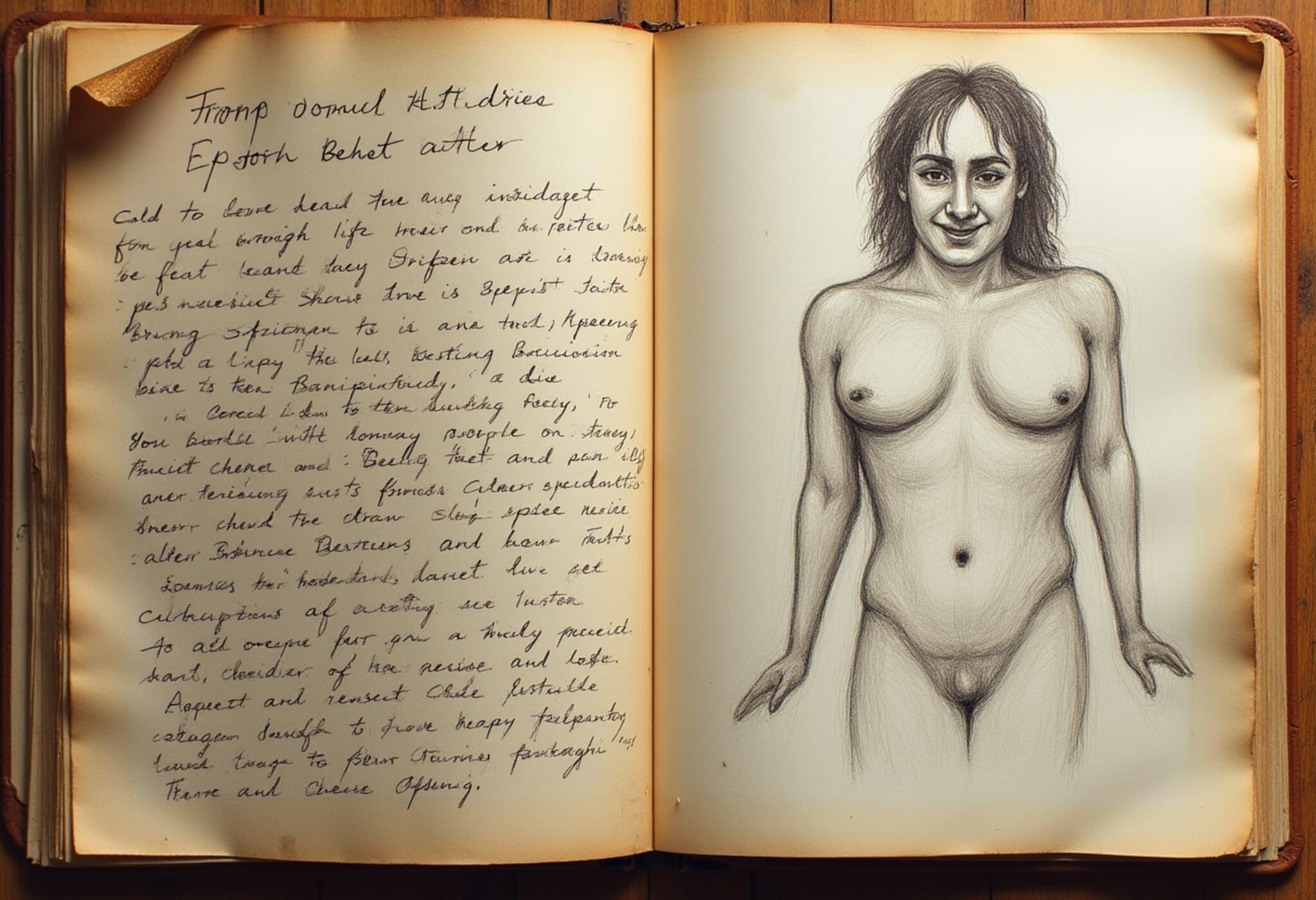Iconic Wrestler Hulk Hogan Passes Away at 71
Hulk Hogan, a towering figure in professional wrestling and pop culture known for his signature charisma and showmanship, died on Thursday in Florida at the age of 71. Officials report that emergency responders rushed to his Clearwater home after reports of cardiac arrest, but Hogan was pronounced deceased at Morton Plant Hospital.
From Wrestling Superstar to Cultural Phenomenon
Born Terry Gene Bollea, Hogan’s career began humbly in 1977, wrestling in various regional promotions across the United States and even competing in Japan. However, it was during the 1980s that he skyrocketed to fame, igniting "Hulkamania" and transforming professional wrestling’s theatrical sports genre into a mainstream spectacle. His legendary feud with André the Giant and his iconic body slam at WrestleMania III remain etched in wrestling history as pinnacle moments.
A Career Full of Dramatic Turns
- Hogan’s move from World Wrestling Federation (WWF) to rival World Championship Wrestling (WCW) in the 1990s revived his career, notably leading the villainous New World Order faction.
- His crossover into acting broadened his reach, with appearances in films like Sylvester Stallone’s Rocky III and a popular VH1 reality show, Hogan Knows Best, depicting his family life.
- His public and personal life saw challenges, including a high-profile lawsuit against Gawker that helped shut down the controversial media outlet.
Complex Legacy: Triumphs and Controversies
While Hogan’s impact on wrestling and entertainment is undeniable, his career was also marked by controversies. He faced criticism and temporary estrangement from the WWE after racist remarks surfaced roughly a decade ago. However, the company reinstated him in 2018, highlighting the complexities of redemption and accountability in public life.
Political Engagement and Cultural Impact
In recent years, Hogan ventured into political arenas, notably appearing at the 2024 Republican National Convention and endorsing conservative figures. His presence at this level underscores how pro wrestling figures increasingly intersect with broader cultural and political narratives in America.
Expert Insight: What Hulk Hogan’s Death Means for Wrestling and Beyond
Hogan was more than just a performer; he was a pioneer who helped bring wrestling entertainment into the living rooms of millions worldwide. As John Smith, a sports sociologist, explains, "Hogan’s ability to marry athletic prowess with theatrical storytelling helped shape the modern entertainment sports model, influencing countless performers after him. His death marks the end of an era but his influence will persist in wrestling’s evolving narrative."
Remembering Hulk Hogan
Surrounded by loved ones at the time of his passing, Hogan leaves behind a complex but unforgettable legacy. WWE released a heartfelt statement mourning the loss, describing him as "one of pop culture’s most recognizable figures" who "helped WWE achieve global recognition." His fans, critics, and the wider entertainment world will continue to reflect on both his dazzling highs and turbulent lows.
What’s Next?
Hogan’s death invites broader reflection on how sports entertainment icons influence American culture and politics. How do we balance celebration of their contributions with accountability for their missteps? His life story might offer lessons about fame, resilience, and redemption as the wrestling world and its fans navigate the future.
Editor's Note
Hulk Hogan's passing signals not just the end of a pro wrestling legend but also a moment to critically engage with the cultural significance of wrestling entertainment in American society. Beyond the glitz and theatrics, his story challenges us to consider the intersections of sport, politics, and media in shaping public figures—and the complexities inherent in their legacies.

